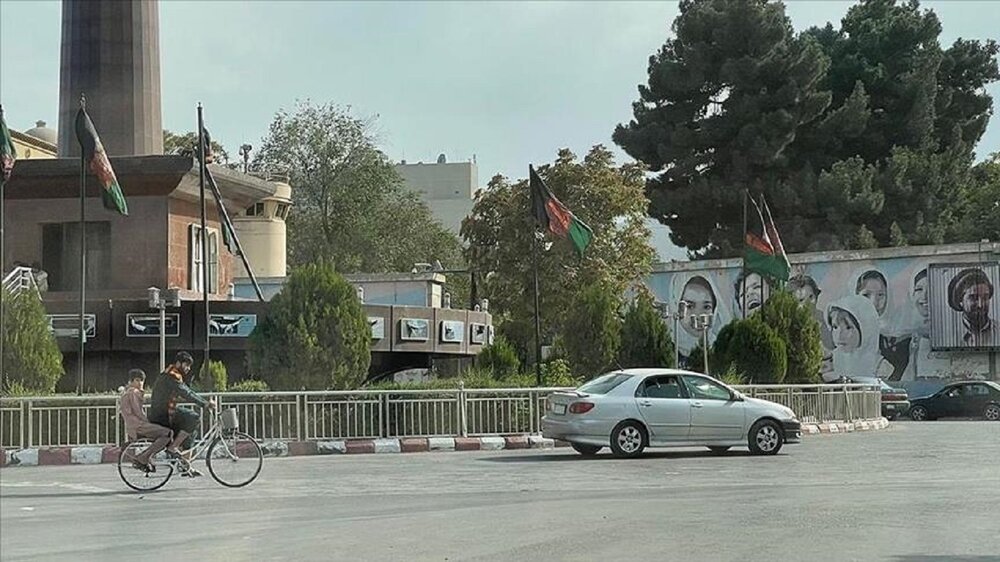Hawzah News Agency –After the Taliban regained power last August, Afghanistan has seen an improving security situation, the UN chief said on Wednesday, but warned about the “staggering scale of vulnerability across the country.”
“I am gravely concerned about the staggering scale of vulnerability across the country. More than half of the population is in need of life-saving assistance,” Antonio Guterres said in his latest report on the situation in Afghanistan.
The UN chief called for continued coordination to enable the provision of essential humanitarian assistance to Afghans in need.
He suggested “coordinating international donors and organizations in relation to basic human needs, including through information-sharing, and supporting efforts to increase accountability, transparency and the effective use of aid.”
The report, however, said the security dynamics had changed significantly following the Taliban’s declaration last September of the end of its military offensive against now-disbanded government forces.
Data documented by the United Nations Assistance Mission in Afghanistan (UNAMA) showed a “significant decline in the overall number of conflict-related security incidents as well as civilian casualties.”
The Taliban regained power in August 2021 after the complete withdrawal of foreign forces and the breakdown of the US-backed government. However, the interim Taliban government has yet to gain international recognition.
Between Aug. 19 and Dec. 31, the UN recorded 985 security-related incidents, a 91% decrease compared to the same period in 2020, the report showed.
“The number of security incidents fell significantly after Aug. 15, from 600 to fewer than 100 incidents per week,” it said, adding that armed clashes decreased by 98%, from 7,430 to 148 incidents; airstrikes by 99%, from 501 to 3; detonations of improvised explosive devices by 91%, from 1,118 to 101; and assassinations by 51%, from 424 to 207.
However, it said there has been an uptick in other types of security incidents, including crime, “amid a rapid deterioration of the economic and humanitarian situation.”
“The eastern, central, southern and western regions accounted for 75% of all recorded incidents, with Nangarhar, Kabul, Kunar and Kandahar provinces the most conflict-affected provinces,” the report said.
There were 196 incidents directly affecting the UN mission in the country between Aug. 19 and Dec. 31, “primarily its personnel, including 111 cases of intimidation, 39 crime-related incidents, 10 arrests and 30 incidents affecting UN compounds, offices and property.”
Daesh/ISIS behind civilian killings
On the human rights front, the report acknowledged a “significant decrease” in armed conflict in most parts of Afghanistan since last August, leading to a “drastic reduction in civilian casualties from ground engagements and airstrikes.”
However, there were continued civilian casualties from improvised explosive devices and other explosive remnants of war.
From Aug. 15 to Dec. 31, the report said, the UN mission documented more than 1,050 civilian casualties, including over 350 civilian deaths.
“Suicide and non-suicide improvised explosive devices, attributed almost entirely to ISIS, accounted for more than 850 civilian casualties, including nearly 300 deaths, and consisted mainly of sectarian attacks targeting civilians,” the report said, referring to the Daesh terror group.
“Explosive remnants of war caused nearly 100 civilian casualties, mainly children; targeted killings related to ongoing armed conflict resulted in more than 50 civilian casualties; ground engagements between the de facto authorities (Taliban) and ISIS resulted in almost 20 civilian casualties; and one aerial attack by the United States on 29 August, targeting ISIS, resulted in the deaths of 10 civilians,” it added.
However, the report said despite announcements of general amnesties for former members of the previous administration, the UN mission “continued to receive credible allegations of killings, enforced disappearances and other violations regarding those individuals.”
The UN chief suggested coordinated work with all actors to “promote effective, responsible and inclusive Afghan governance and society while advancing reconciliation.”


Your Comment